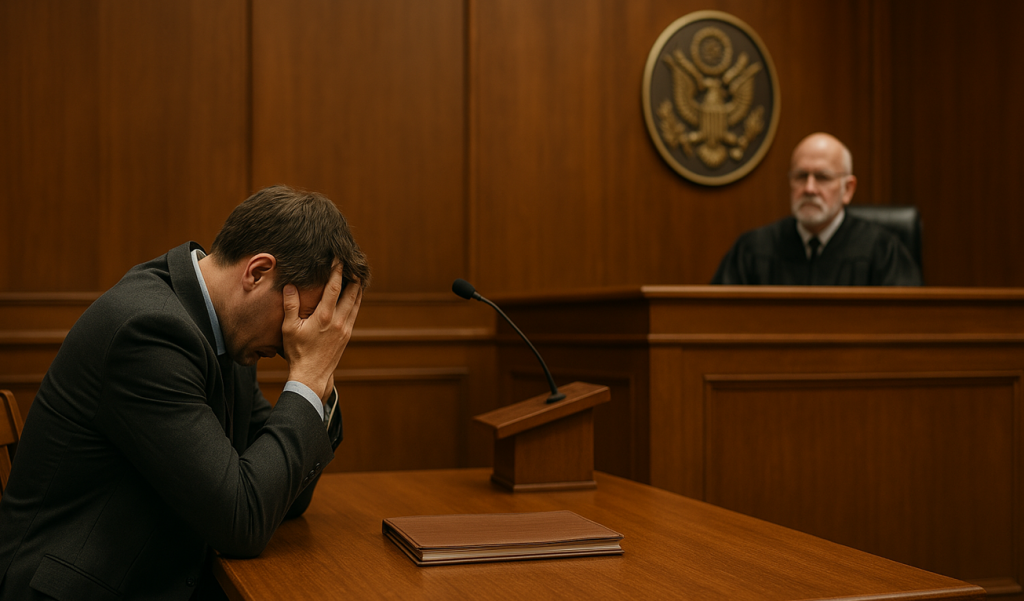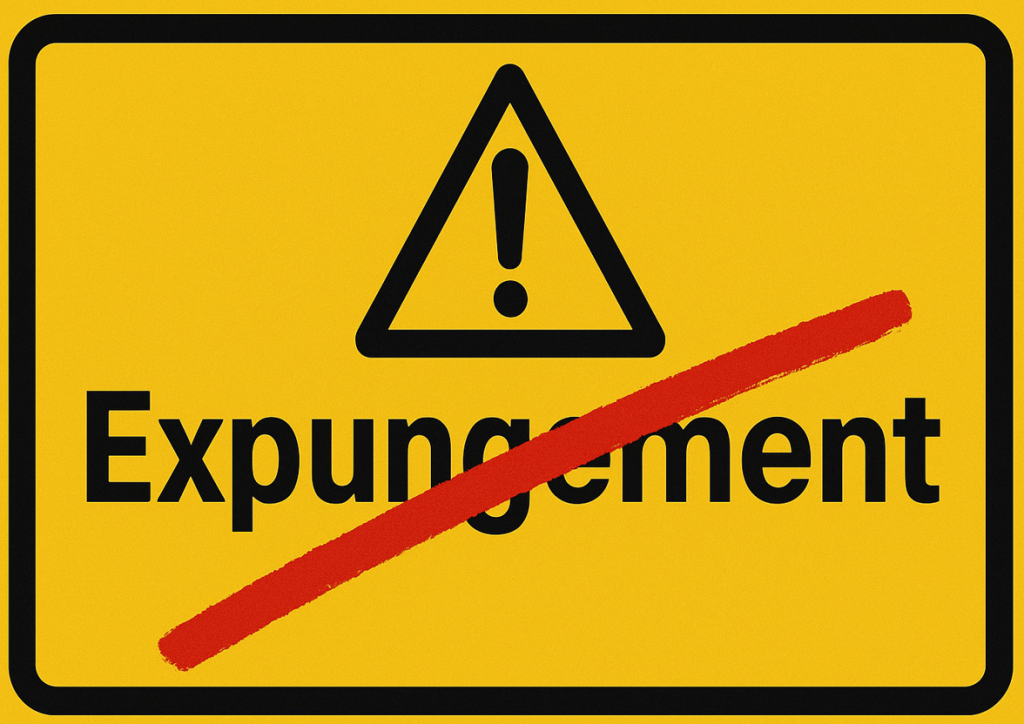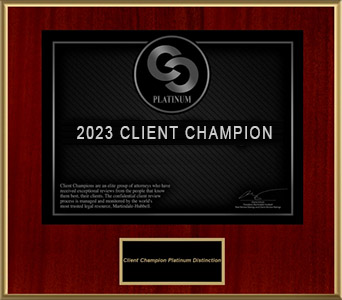If you can’t do an expungement, what other options are available?
If someone is ineligible for expungement because they have too many convictions, there may be other options for getting prior offenses dismissed from a criminal history. The path might be complicated, but options may be available.

Options When Ineligible for Expungement
Some types of cases do not qualify for an expungement in Michigan. For example, a second or subsequent DUI or OWI conviction is not expungeable. There are two ways to remove a second or subsequent OWI conviction or a life-offense conviction from a criminal record – both are long shots but might be worth considering. If you are ineligible for expungement, don’t give up because there are options! A savvy criminal defense lawyer might be able to help you pursue alternatives.
Pardon by the Governor of Michigan
The first option is a pardon from the governor. The Michigan Constitution allows a governor the “power to grant reprieves, communications, and pardons after convictions, except cases of impeachment, upon such conditions and limitations as he may direct, subject to procedures and regulations prescribed by law. The governor shall inform the legislature annually of each reprieve, commutation, and pardon granted, stating the reasons therefor.” A governor can pardon a person with multiple drunk driving offenses on their criminal record. A pardon on a life maximum offense is rare but might be a person’s only option because they are ineligible for expungement.

Collateral Attack of a Prior Conviction
The second option is called a collateral attack. The issue is that the prior conviction is somehow improper or legally deficient. A serious error materially impacting a defendant’s rights most frequently occurs when convicted without an attorney. A successful collateral attack reopens the case; it does not remove it from a criminal record. Collateral attacks are not permitted if counsel represented the defendant or there was no right to counsel. This relief is also extraordinary; however, someone ineligible for expungement can pursue this as a possible option. A qualified defense attorney can review your case and help determine whether you have any realistic alternatives.
Clearing a Prior Record Can be Complicated, and You Should Consult with an Expert
Expungements in Michigan are tricky. It is essential that you seek legal assistance to determine whether or not you qualify or wish to try another option to clear your criminal record. The law firm of LEWIS & DICKSTEIN, P.L.L.C. is highly experienced in handling expungements in Michigan. If you call for a free consultation, we will take the time to review your criminal history and work with you to develop a strategy to clear your record.

Michigan Law Changes from Time to Time Regarding Options for Expungement When Someone is Ineligible or Eligible for Relief.
Eligibility for expungement is expanding in Michigan. For example, a recent change in Michigan law made a first OWI conviction subject to removal from your record through an expungement. Also, the number of expungement-eligible felony convictions recently increased from one to three.
How many felonies can be expunged in Michigan?
In Michigan, someone can seek expungement of up to three felonies; however, multiple convictions count as a single felony under limited circumstances. According to the “one bad night rule,” several convictions arising from a single incident and occurring within 24 hours count as a single felony conviction for expungement purposes. Because the change in Michigan’s law is recent, a judge might not understand what felony convictions are ineligible for expungement. A reputable, credible defense lawyer can educate a judge on the latest expungement statutes and achieve relief in court when most lawyers would fail. You do not want a judge denying your expungement motion because they believe setting aside the conviction isn’t legally an option because of a mistaken belief you are ineligible.
Why would an expungement be denied?
There are several reasons why a judge may deny an expungement or Motion to Set Aside Conviction, aside from being ineligible, including any of the following:
- too many felony convictions
- a conviction is ineligible for expungement
- insufficient time has passed since the conviction
- the defendant is deemed not to be rehabilitated
- expungement is not in the public welfare
If the judge denied my expungement, can I appeal?
If a judge denies your request to set aside a prior conviction, you have the right to appeal. Misdemeanor expungement appeals are filed in a Circuit Court. Felony expungement denials go to the Michigan Court of Appeals. If the judge ruled improperly based on the facts or the law, the higher court might agree to enter an order directing the expungement. According to recent studies, judges refuse to grant expungement motions for reasons that are inconsistent with the law. In these situations, the denial is subject to reversal on appeal. On the other hand, if the judge denied you because you are not eligible for expungement, you might have to seek alternative forms of relief. We can help you determine what options are available for expungement when you are ineligible.

Experienced Attorneys Who Can Help You With Options When You are Ineligible for Expungement
The attorneys at LEWIS & DICKSTEIN, P.L.L.C. have decades of experience handling expungements in Michigan. Our attorneys have appeared in courtrooms all across Michigan. A clean criminal history is vital for employment, school, credit ratings, etc. The law firm of LEWIS & DICKSTEIN, P.L.L.C. is well respected and highly regarded in criminal defense and expungements. If you need help or want to see if you qualify for an expungement or an alternative, contact the lawyers of LEWIS & DICKSTEIN, P.L.L.C. for a free expungement consultation. We can often help even when you seek options to clear a conviction, even though you are ineligible for expungement.
Call us today at (248) 263-6800 for a free consultation or complete an online Request for Assistance Form. We will contact you promptly and find a way to help you.









